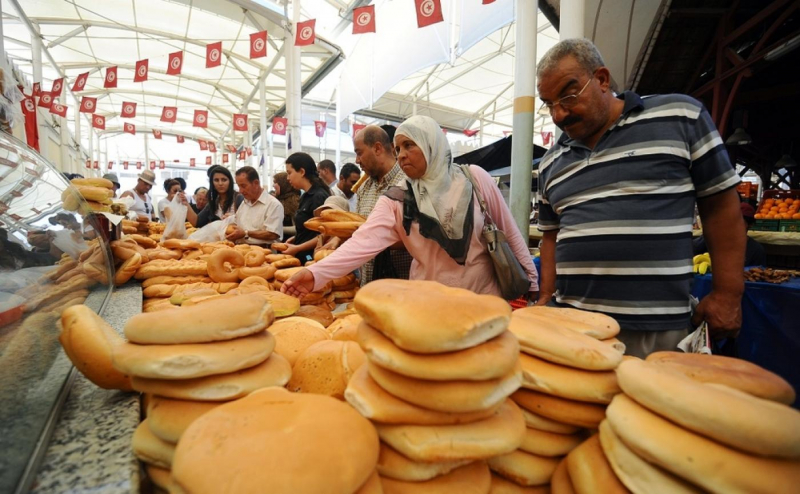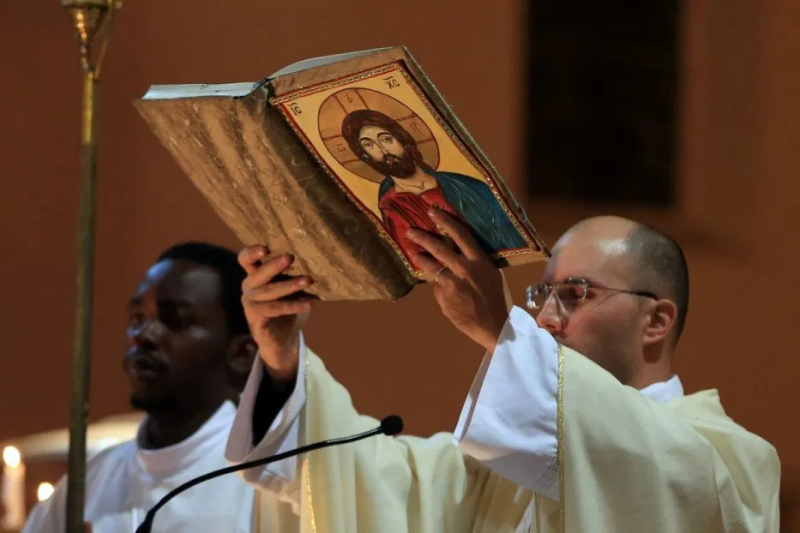Religion
Tunisians accept the oneness of God and the power of his word as expressed in the Koran as Muslims. People refer to the Koran and related texts such as the Hadith for a variety of reasons (authentic traditions). Shari'ah, or Islamic law, is central to people's understanding of what is right and wrong. These texts, when read together, establish proper behavior and lead to certain daily rituals. In practice, there is some variation in belief and practice. The variation is broadly related to the social status of families and individuals.
The religious calendar provides the primary occasions for these beliefs to be expressed. Time is structured by the five daily prayers, the weekly cycle organized around the Friday midday prayer, and the yearly festivals. The fasting month of Ramadan is included in the annual cycle. There is also the Feast of the Sacrifice, which corresponds with the annual pilgrimage to Mecca and Medina. Every householder must sacrifice a ram on this feast in remembrance of Abraham's willingness to express his faith by sacrificing his son, who was miraculously replaced on the altar by a ram. The Prophet's Birthday is another festival that has traditionally been associated with sufi orders. The Ashura feast, which commemorates the martyrdom of the prophet Muhammad's grandson at the Battle of Kerbala, can be observed in Tunisia through visits to tombs and bonfires. The dates of these celebrations are all set according to the Islamic lunar calendar, which does not follow the seasons.









